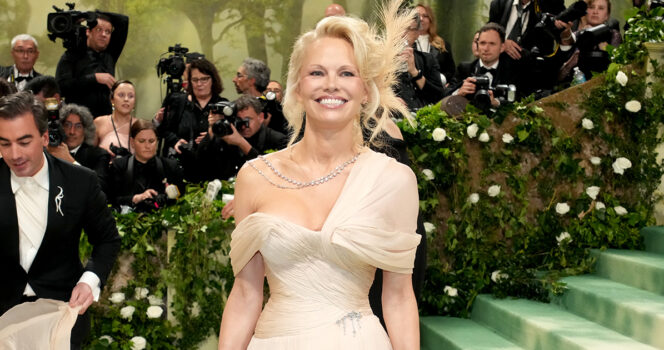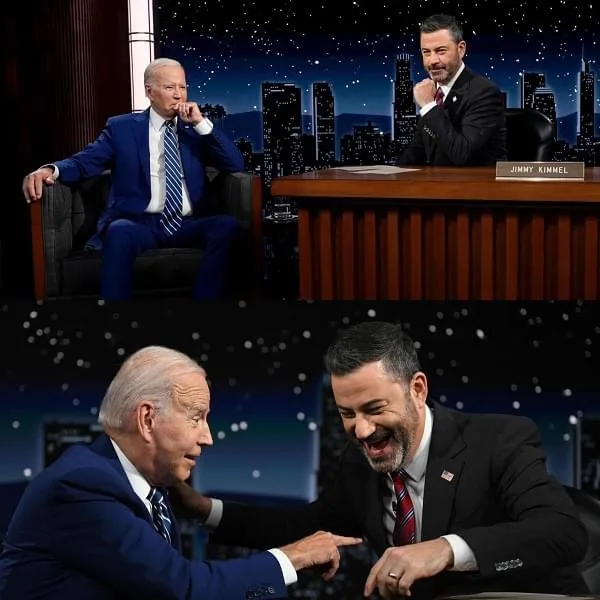In a recent and unexpected twist within the entertainment industry, Roseanne Barr, a name synonymous with controversy and candidness, has made headlines again. This time, it’s for her decision to remove the legendary actor Robert De Niro from her latest television project. The bold move was underscored with a statement that’s as straightforward as it is provocative: “No woke people allowed here.”
Roseanne Barr has been a household name since the late 1980s, primarily due to her eponymous sitcom “Roseanne,” which broke new ground in terms of portraying working-class America. However, her journey has been anything but smooth, marked by a series of controversies that culminated in the cancellation of the “Roseanne” reboot in 2018 over a racially insensitive tweet.
On the other hand, Robert De Niro, an actor revered for his compelling performances and iconic roles, is also known for his strong political stands and vocal support for various social issues. His inclusion in Barr’s project was initially seen as a unifying force in a polarized climate. However, this collaboration has now taken a dramatic turn.
The seeds of conflict were sown when Barr and De Niro began working together on the new show, anticipated to be a groundbreaking project blending comedy with contemporary societal commentary. However, it soon became clear that their visions for the project were fundamentally at odds.
Tensions escalated over the show’s direction and content, particularly regarding its treatment of current social and political issues. Barr, known for her no-holds-barred approach to comedy and social commentary, aimed to preserve her style of candid and sometimes abrasive humor. De Niro, with his known advocacy for ‘woke’ culture, was reportedly pushing for a more nuanced and sensitive approach.
The situation reached a boiling point during a script read-through, where a disagreement over a particular scene encapsulated the broader ideological clash between the two. Barr, feeling that her creative vision was being compromised, reportedly declared, “No woke people allowed here,” effectively signaling De Niro’s exit from the show.
This decision has sent ripples through the entertainment industry, sparking heated discussions on social media and among industry professionals. Supporters of Barr applaud her for standing her ground and defending her vision against the pressures of political correctness. Critics, however, accuse her of being insensitive and unwilling to adapt to a changing societal landscape.
The incident has also reignited the debate on cancel culture, artistic freedom, and the role of political correctness in entertainment. While some view Barr’s move as a stand against a culture of censorship, others see it as a refusal to acknowledge the importance of responsible storytelling in today’s world.
The controversy has drawn reactions from various industry insiders. Some have expressed support for Barr’s right to creative control, while others have lamented the missed opportunity for a collaboration that could have bridged divides. The situation has also put network executives and producers in a challenging position, as they navigate the complex interplay of creativity, audience expectations, and social responsibility.
The Barr-De Niro standoff is more than just a clash of personalities; it reflects the broader cultural and political divisions in society. It underscores the challenges faced by artists and creators in balancing creative expression with societal sensibilities.
This incident raises critical questions about the nature of comedy and art in the context of contemporary issues. How far can artists go in exploring sensitive subjects without crossing the line? Is there a responsibility to conform to societal norms, or should art be an unfettered expression of the creator’s vision?
The confrontation has highlighted the difficulty in fostering constructive dialogue in an increasingly polarized environment. The clash between Barr and De Niro exemplifies how challenging it is for individuals with differing viewpoints to find common ground, particularly in the realm of entertainment, which often reflects and amplifies societal tensions.
This incident also sheds light on the role of entertainment in reflecting and shaping societal norms. Shows and films do not exist in a vacuum; they are a part of the broader cultural conversation. As such, the decisions made by creators like Barr can have far-reaching implications, influencing public opinion and contributing to the cultural zeitgeist.
The removal of Robert De Niro from Roseanne Barr’s new show marks a pivotal moment in the ongoing conversation about the intersection of art, politics, and society. It reflects the evolving nature of comedy, the responsibility of artists, and the expectations of audiences in a rapidly changing world.





